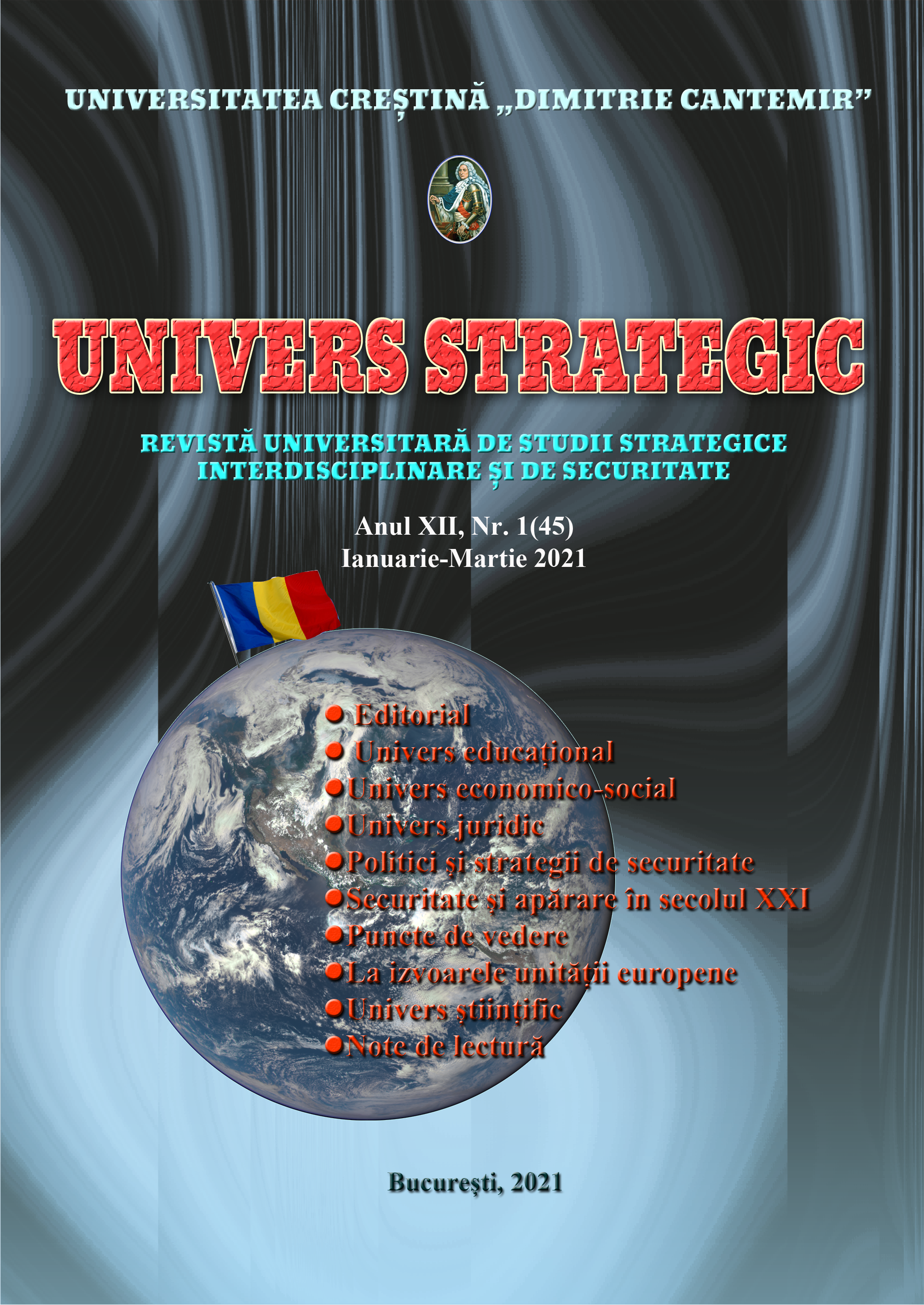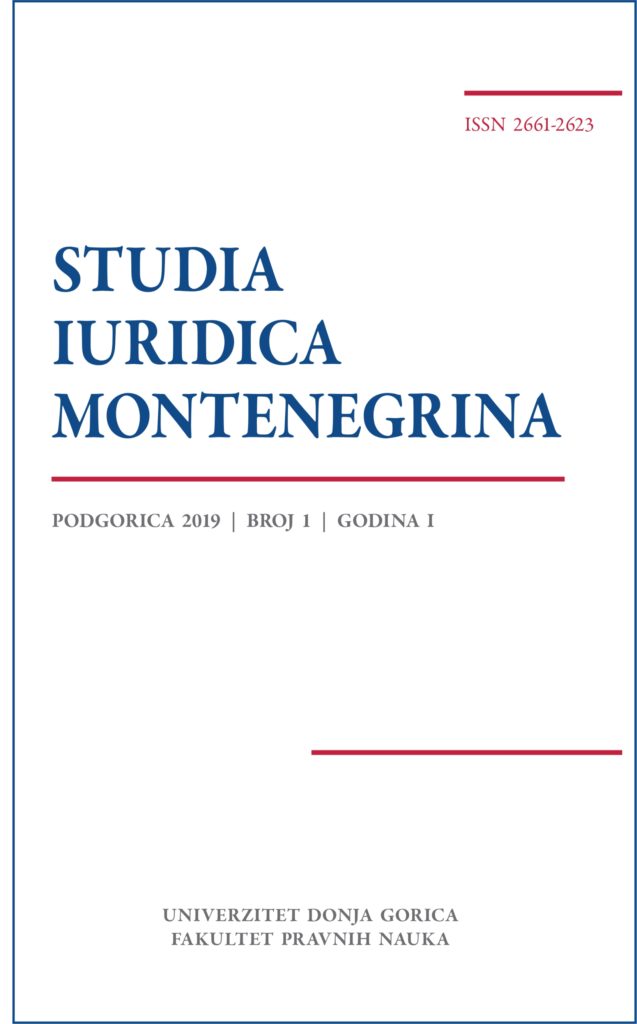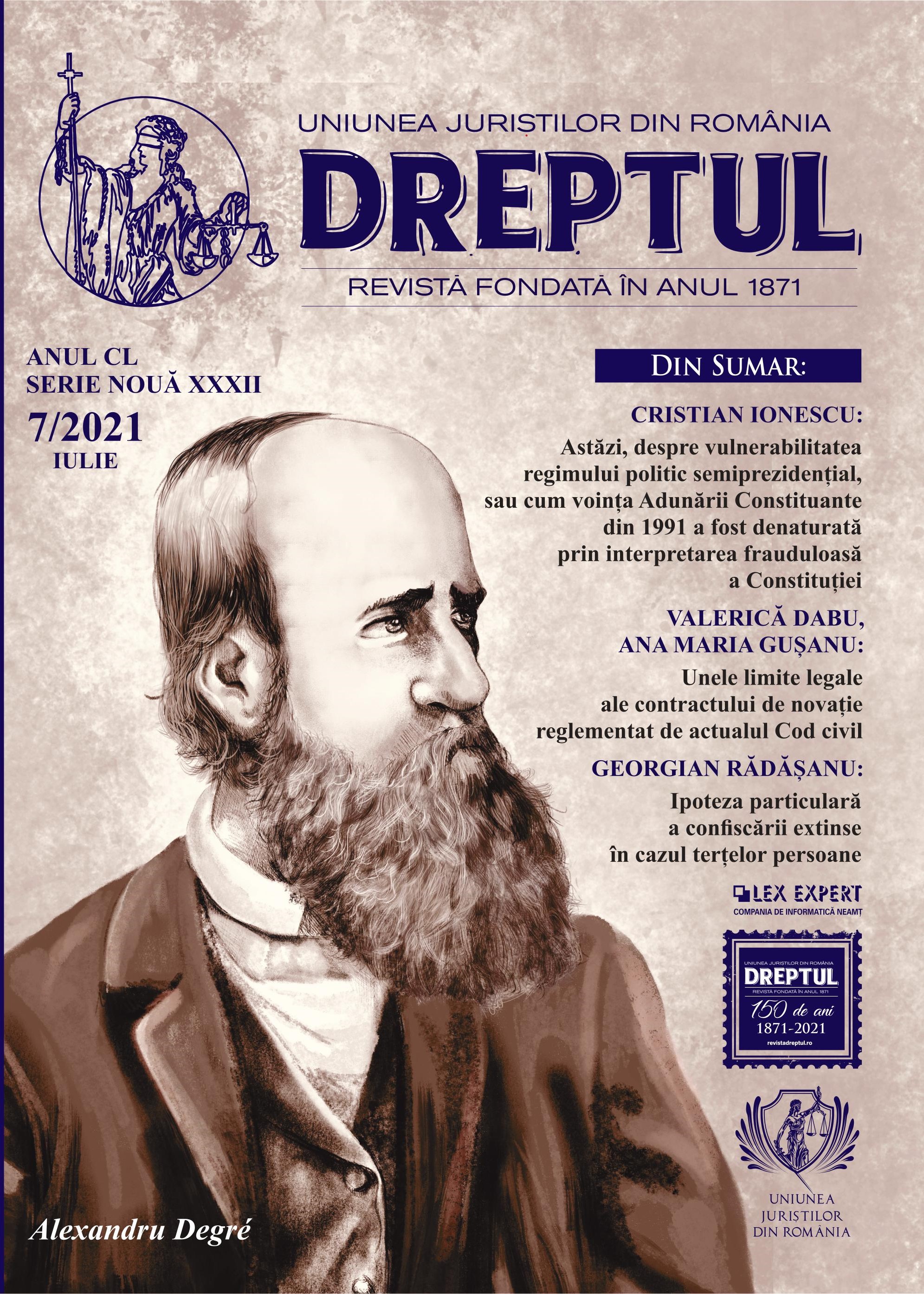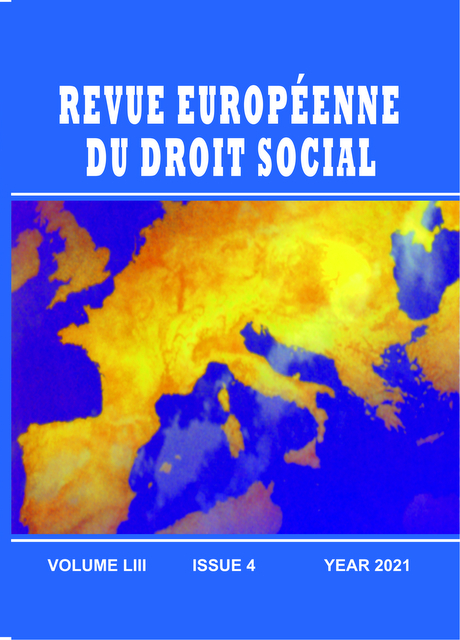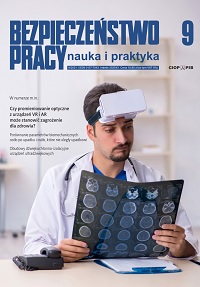
Aplicabilitatea interdicțiilor temporare de concediere în cazul încetării contractului individual de muncă pe durata sau la sfârșitul perioadei de probă
The interpretation and the application of the provisions of Article 31 (3) and Article 60 of the Labour Code have led to the existence of a non-unitary judicial practice and to the expression of some divergent positions in the doctrine as regards the applicability of the temporary prohibitions on dismissal in case of termination of the individual labour contract at the initiative of the employer, during or at the end of the period of probation. In a first doctrinal and jurisprudential orientation it is argued that Article 60 of the Labour Code is not applicable, because we are not in the presence of a dismissal, but of a separate case of termination of the individual labour contract at the initiative of the employer. The second opinion argues the thesis according to which the termination of the individual labour contract at the initiative of the employer during or at the end of the period of probation is also a case of dismissal, the legislative derogations aiming only at simplifying the dismissal procedure during the period of probation, and not at removing the temporary prohibitions on dismissal provided by Article 60 of the Labour Code. The paper emphasizes that, by applying the rules of interpretation of the domestic legal norms and the principle of interpretation in compliance of the national law with European Union law, it follows that the termination of the individual labour contract at the initiative of the employer during or at the end of the period of probation must be qualified as dismissal. In accordance with the principle of equal treatment and in order to ensure the useful effect of Council Directive 2000/78/EC of 27 November 2000 establishing a general framework for equal treatment in employment and occupation, the corroborated interpretation of the provisions of Article 60 and Article 31 (3) of the Labour Code reflects the applicability of the temporary prohibitions on dismissal and in case of termination of the individual labour contract of the employee during the period of probation.The employees on probation enjoy the right to health and safety at work and the right to annual rest leave under the same conditions as the employees whose labour relations have been strengthened, with no express legal derogation as concerns the benefit of these rights. De lege lata, the difference in treatment is enshrined in law only for restricting the right to protection against dismissal, not for the restrictions brought to these fundamental rights as well.
More...
